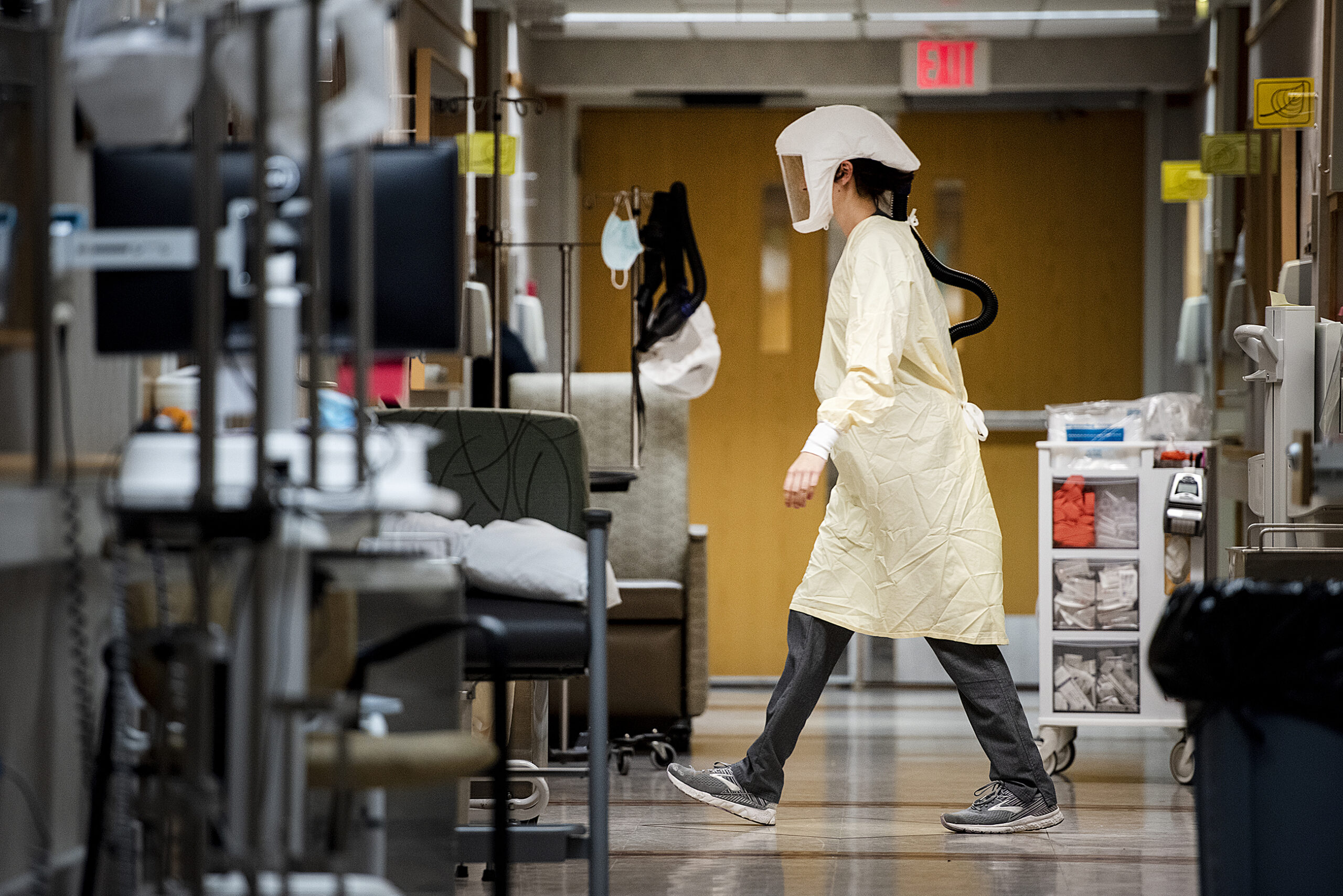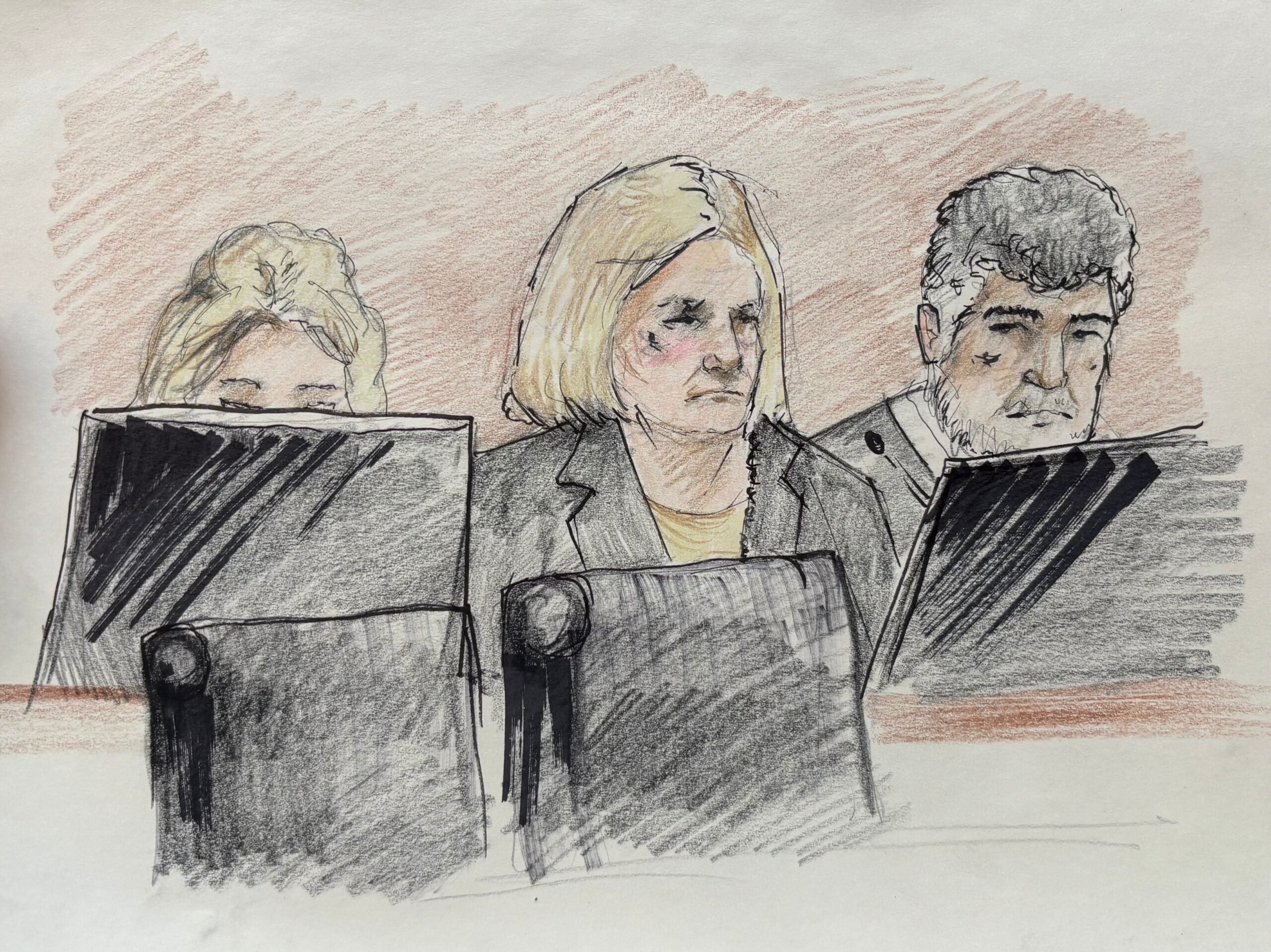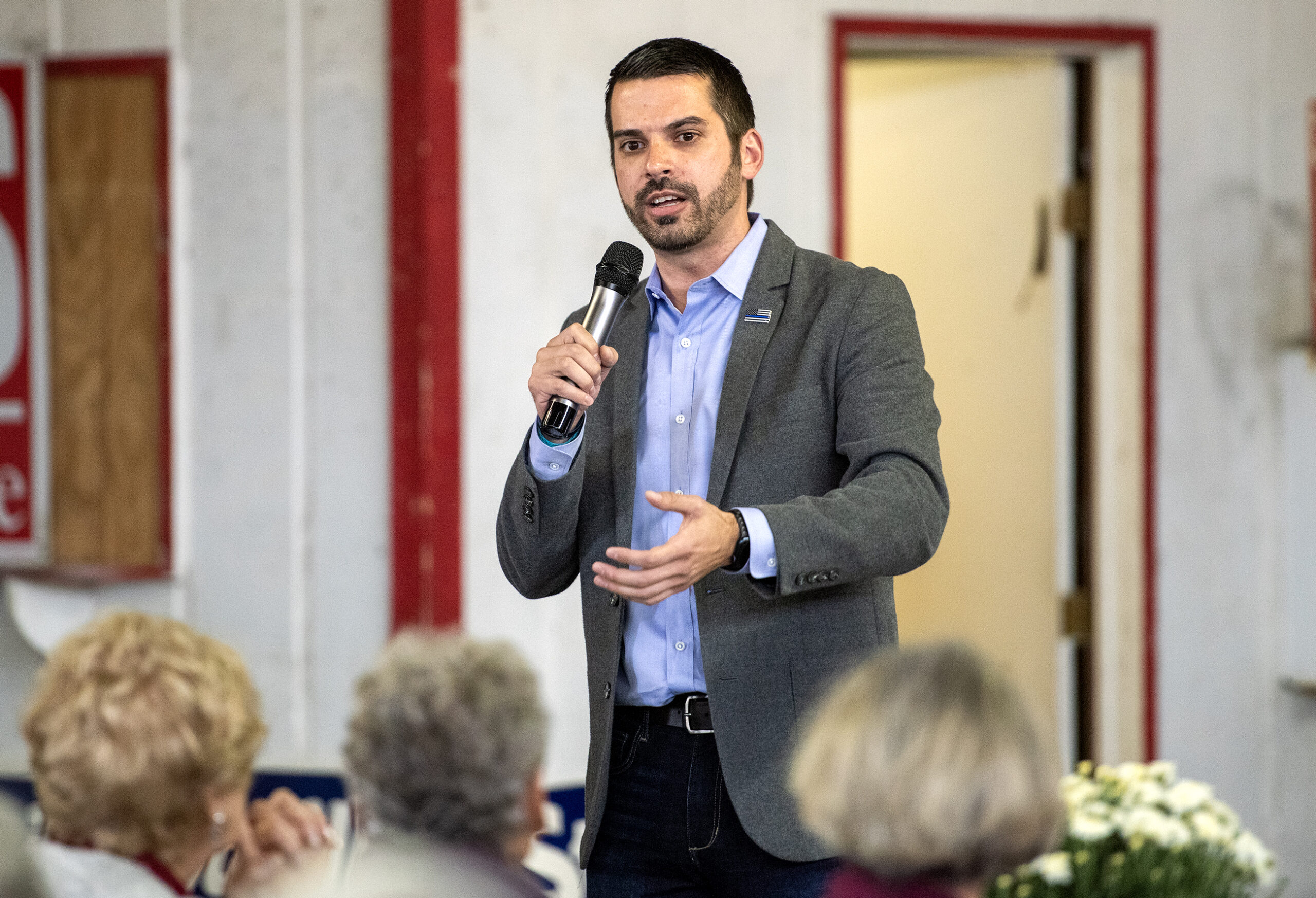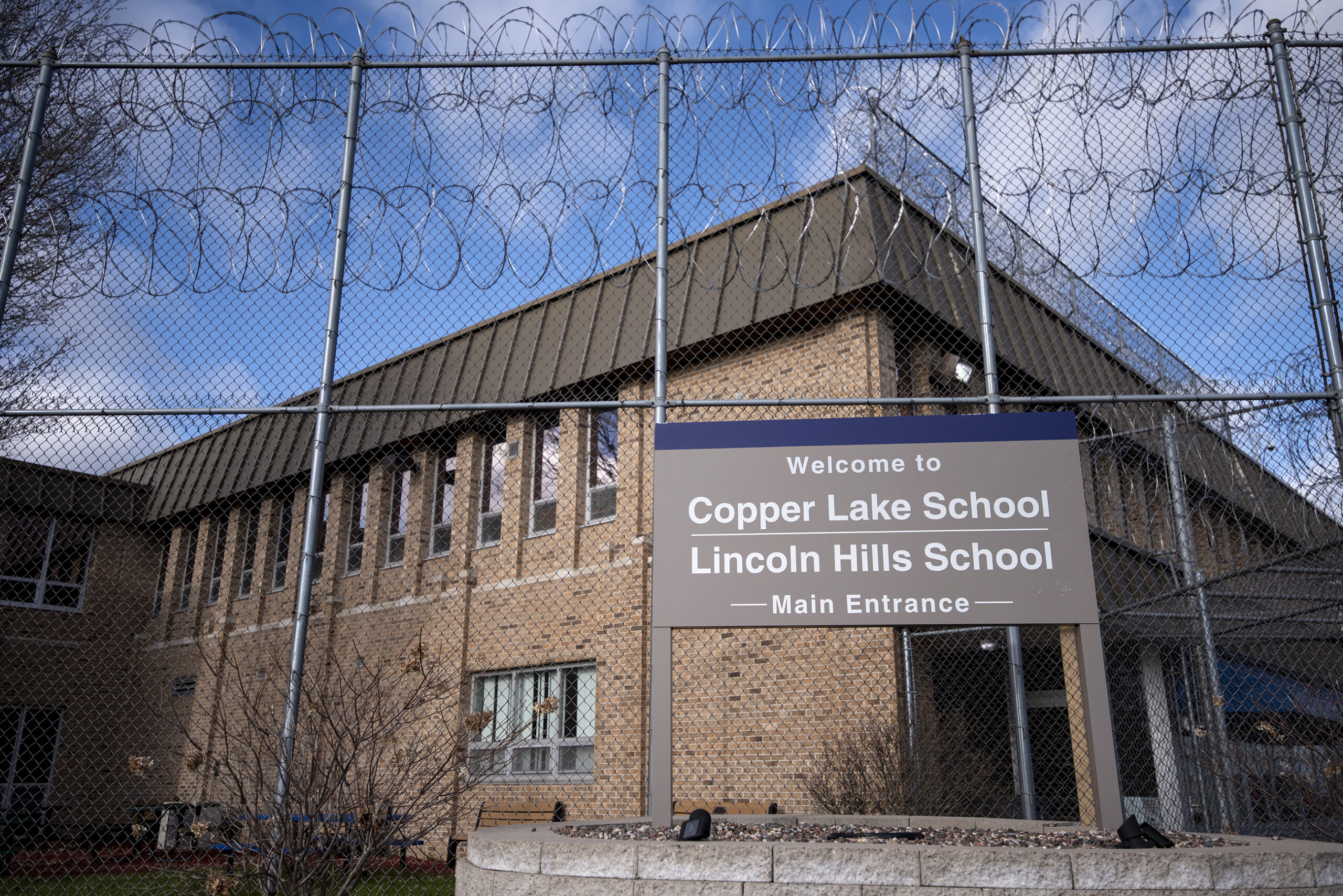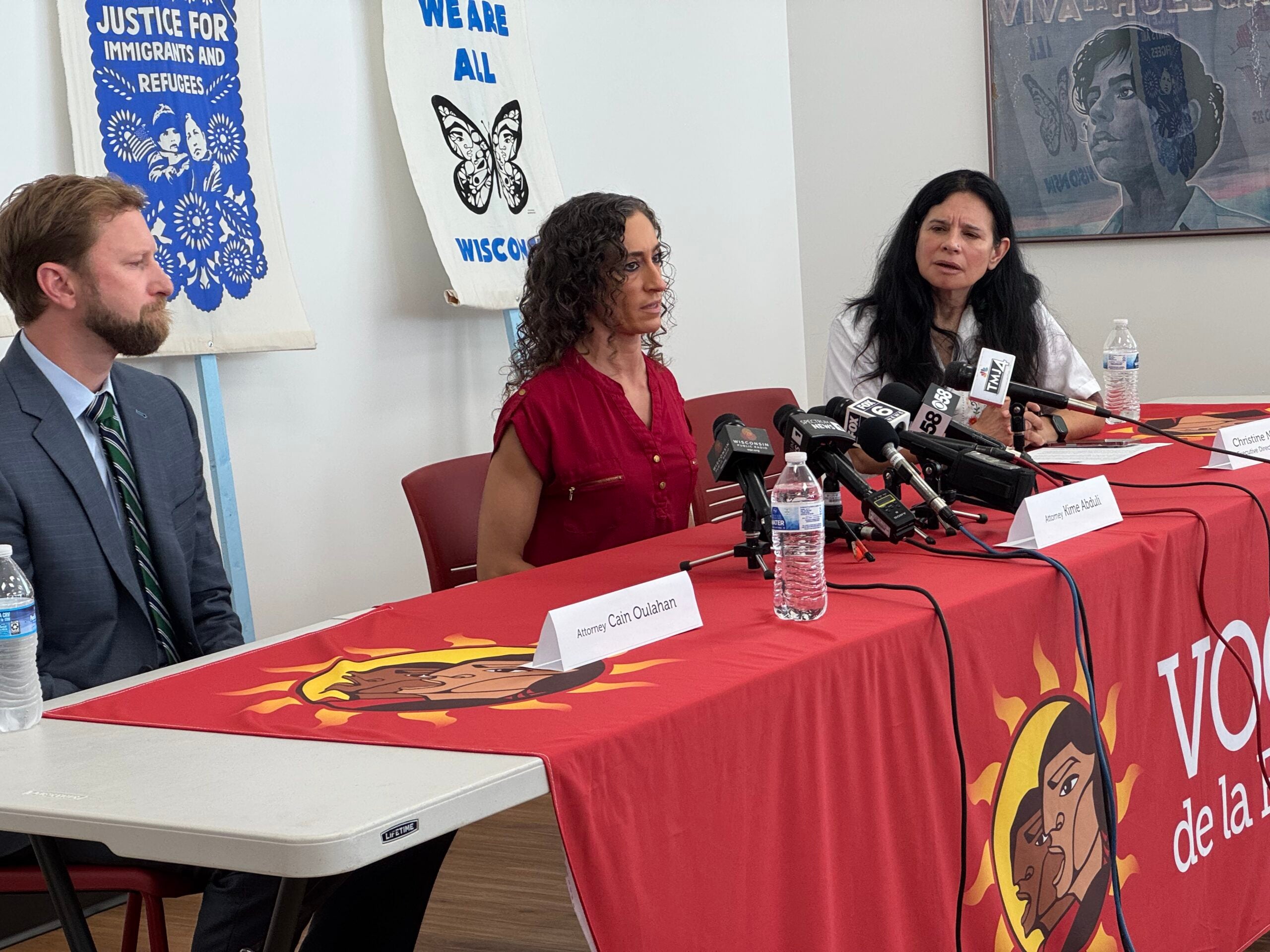A high-profile medical malpractice trial in Appleton came to a conclusion this week as jurors found health care workers and a hospital not liable in the October 2021 death of 19-year-old Grace Schara.
Following a two-hour deliberation, the jury ruled in favor of Ascension’s St. Elizabeth Hospital, Dr. Gavin Shokar and nurse Hollee McInnis.
The three-week trial came from a lawsuit filed in April 2023 by Schara’s family. The family claimed providers had given Schara, who had Down syndrome, a lethal combination of drugs and put her on “do not resuscitate” status without consent of an advocate.
News with a little more humanity
WPR’s “Wisconsin Today” newsletter keeps you connected to the state you love without feeling overwhelmed. No paywall. No agenda. No corporate filter.
The jury cleared Shokar and McInnis of negligence and violation of informed consent charges.
“It’s heartbreaking,” said Grace Schara’s mother, Cindy Schara, on Friday. “We really did expect the jury to see what they did to Grace. She was a valuable person in this world.”
“The loss of a child is heartbreaking and we extend our deepest sympathies to the family,” wrote an Ascension spokesperson in a statement. “Throughout this process, we have remained confident in the care provided by our team and in the values that guide our work each day.”
The trial was livestreamed by Children’s Health Defense, the vaccine-skeptical nonprofit founded by Department of Health and Human Services Secretary Robert F. Kennedy Jr. It was also livestreamed by The New American, a publication of the John Birch Society.
In a statement, Grace’s father, Scott Schara, said the trial was the first wrongful death jury trial for a death attributed to COVID-19 on the patient’s death certificate.
Speaking after the verdict, Schara family attorney Warner Mendenhall argued that the COVID-19 pandemic was used to “take away rights throughout this country.”
“When you go into a hospital now, this trial shows, you sign your rights away,” he said. “You consent to everything.”
Parties told conflicting stories of Schara’s death
Both parties agreed on certain facts: In October 2021, Grace Schara was admitted to the hospital with COVID-19 and low blood oxygen levels. She was given three drugs — Precedex, lorazepam and morphine — initially due to her “agitation” at a loud breathing machine. And she was put on “do not resuscitate” status before her death, one week after admission.
But in their complaint, Schara’s family called the three drugs a “lethal cocktail.” They claimed doctors didn’t let Schara use a breathing machine she brought from home.
Their complaint said that on the day she died, Schara got several doses of lorazepam and morphine, which are commonly used palliative drugs. Her sister, acting as her advocate, “begged the medical staff to save Grace” as her heart rate fell, the complaint said.
Staff pointed to Schara’s “do not resuscitate” status, it said, and refused to perform CPR.
The complaint said the Schara family did not discuss “do not resuscitate” status or end-of-life care for Grace Schara at any point.
The story told by Randall Guse, Shokar’s attorney, was different.
His client, he said during closing arguments, was responding to the Schara family’s wish to avoid putting Grace Schara on a ventilator, which would require a breathing tube.
“If you cannot address the underlying cause of the cardiac arrest — in this case respiratory failure, and that means address it with intubation — CPR, defibrillation, all that is futile,” he said.
At that point, Schara’s lungs were in bad shape, he said.
Without extra oxygen from a tube, Guse said, Grace Schara’s body started pumping low-oxygen blood at a dangerously fast rate.
He said the drugs were aimed at slowing that rate.
At several points in the trial, Shokar testified that he believed “do not resuscitate” status was consented to by Schara’s family, the Milwaukee Journal Sentinel reported.
“Everybody in that hospital that was taking care of Grace Schara was doing what they could within the parameters of the family’s wishes,” Guse argued.
‘That was God’s will’: Family, attorneys react to verdict
Speaking to reporters the morning after the verdict, Schara’s father said the verdict was “God’s will.”
“We know he has a bigger purpose in mind with Grace’s story and Grace’s case, and I don’t know what that looks like yet,” Scott Schara said.
He criticized Wisconsin’s $750,000 cap on medical malpractice settlements as a barrier to affected families bringing cases, which he said can cost over $1 million.
Mendenhall, the family’s attorney, said he hoped the case “lifts the veil on health care,” where he said families are “kept in the dark” about treatments used on their loved ones.
“Protocols have destroyed what used to be the art of medicine,” he said. “Now it’s the protocols of medicine.”
Scott Schara said he believed his family faced biases for being Christian and for the fact that Grace Schara was unvaccinated against COVID-19.
He keeps a website in memory of his daughter, where he writes that the COVID-19 pandemic might have been used to kill disabled and elderly Americans, with the involvement of the federal government. On one page, he writes that COVID and its vaccines are both part of “Satan’s plan,” and that “God’s truth is outside of this fishbowl.”
Wisconsin Public Radio, © Copyright 2026, Board of Regents of the University of Wisconsin System and Wisconsin Educational Communications Board.

